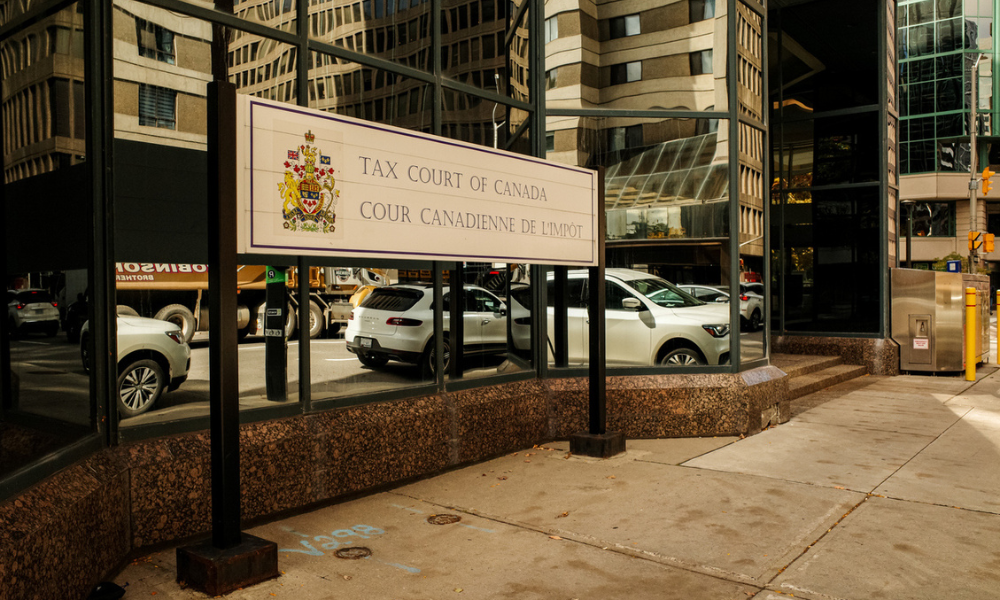The Ontario Superior Court has rejected an application by a group of foreign tobacco companies seeking to have Ontario’s $50-billion lawsuit against them dismissed on the basis the court does not have jurisdiction over them.
 The group of companies, referred to in Justice Barbara A. Conway’s Jan. 4 decision as the “Jurisdiction Challenging Defendants” are seven of the foreign defendants.
The group of companies, referred to in Justice Barbara A. Conway’s Jan. 4 decision as the “Jurisdiction Challenging Defendants” are seven of the foreign defendants.
In a statement released Jan. 6, Ontario Attorney General John Gerretsen said, “We are pleased with the court’s decision which paves the way for Ontario’s lawsuit to continue.”
The Ontario v. Rothmans Inc. decision is considered to be a significant one in Ontario’s efforts to recover past and ongoing health-care costs borne by taxpayers in the province due to tobacco-related illness.
The judge also ruled that the lawsuit can proceed against 14 tobacco companies. On Sept. 29, 2009, Ontario launched its $50-billion lawsuit against tobacco companies both domestic and foreign including including Imperial Tobacco Canada Ltd., Rothmans, RJ Reynolds Tobacco International Inc., and others for health-care costs.
Ontario’s statement of claim alleges that the defendant tobacco companies knew about the addictiveness of cigarettes and the health damages they caused and deceived the public by misrepresenting the risks. It also claims they failed to warn the public about the dangers of smoking, promoted cigarettes to children and teens and did not take all available steps to reduce the risks caused by their products.
The tobacco companies have denied the claims and warned the money isn’t there to pay the claim should it be awarded. They say the lawsuit is also hypocritical because the government has collected the taxes on tobacco products for years.
In her decision, Conway wrote: “. . . the Crown has established a good arguable case that the JCDs conspired and acted in concert in committing tobacco related wrongs. The damage is alleged to have occurred in Ontario. This is sufficient to establish a connection between the JCDs and the province. Moreover, this conspiracy, if proven, relates to matters of significance in Ontario — allegedly misleading the public and the government about the harmful effects of cigarettes and exposure to second hand smoke.”
Conway went on to say: “The Supreme Court of Canada has already decided the cost recovery legislation in British Columbia is constitutionally valid. In doing so the court recognized that the legislation could apply to defendants located outside the jurisdiction. . . .”
 The group of companies, referred to in Justice Barbara A. Conway’s Jan. 4 decision as the “Jurisdiction Challenging Defendants” are seven of the foreign defendants.
The group of companies, referred to in Justice Barbara A. Conway’s Jan. 4 decision as the “Jurisdiction Challenging Defendants” are seven of the foreign defendants. In a statement released Jan. 6, Ontario Attorney General John Gerretsen said, “We are pleased with the court’s decision which paves the way for Ontario’s lawsuit to continue.”
The Ontario v. Rothmans Inc. decision is considered to be a significant one in Ontario’s efforts to recover past and ongoing health-care costs borne by taxpayers in the province due to tobacco-related illness.
The judge also ruled that the lawsuit can proceed against 14 tobacco companies. On Sept. 29, 2009, Ontario launched its $50-billion lawsuit against tobacco companies both domestic and foreign including including Imperial Tobacco Canada Ltd., Rothmans, RJ Reynolds Tobacco International Inc., and others for health-care costs.
Ontario’s statement of claim alleges that the defendant tobacco companies knew about the addictiveness of cigarettes and the health damages they caused and deceived the public by misrepresenting the risks. It also claims they failed to warn the public about the dangers of smoking, promoted cigarettes to children and teens and did not take all available steps to reduce the risks caused by their products.
The tobacco companies have denied the claims and warned the money isn’t there to pay the claim should it be awarded. They say the lawsuit is also hypocritical because the government has collected the taxes on tobacco products for years.
In her decision, Conway wrote: “. . . the Crown has established a good arguable case that the JCDs conspired and acted in concert in committing tobacco related wrongs. The damage is alleged to have occurred in Ontario. This is sufficient to establish a connection between the JCDs and the province. Moreover, this conspiracy, if proven, relates to matters of significance in Ontario — allegedly misleading the public and the government about the harmful effects of cigarettes and exposure to second hand smoke.”
Conway went on to say: “The Supreme Court of Canada has already decided the cost recovery legislation in British Columbia is constitutionally valid. In doing so the court recognized that the legislation could apply to defendants located outside the jurisdiction. . . .”







